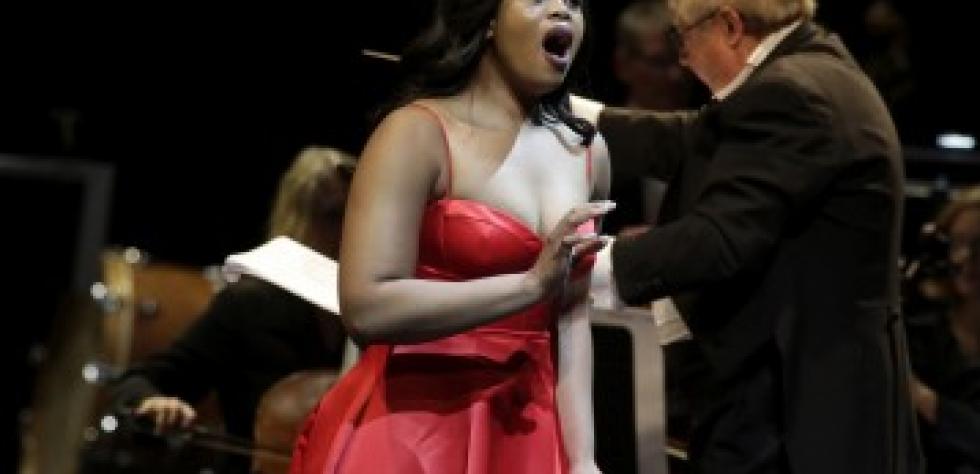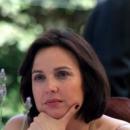This theoretical and practical investigation, presented for the PHD in Performing Arts, reflects upon the building and maintenance of the lyrical voice, viewed from the experience of a singer, teacher and fasciatherapist that adopts the epistemological stance of an artist-teacher-researcher, within a heuristic approach of qualitative analysis, included in an art-based research. Poulenc/Cocteau’s soprano solo opera La Voix Humaine was presented as the artistic object, in Lisbon, at the S. Luiz Theatre in November 2016, and in Viseu, at the Viriato Theatre in November 2017. Methodologically based on data extracted from investigation diaries that reflect the performative experience of the opera and pedagogical questioning, the theoretical part of the study establishes an interdisciplinary discussion with vocal studies, education, psychology, neuroscience and philosophy specialists, to seek an answer to the question: How does one teach, learn and consolidate such a natural and human ability as the singing voice? After comparing some pedagogies and analysing the teacher–student relationship, I researched the acquisition of the singer’s physical, perceptive, cognitive, expressive and emotional skills, and sketched the effects of stress upon the singer’s human voice, where the musical instrument and the artistic abilities are mixed with the identity. This human factor is present in this study’s conclusions, that underline the need of a multidisciplinary approach of the singer as a person, in this one to one teaching process. Though born out of singular experiences and necessarily adapted to the individuals to whom it is directed, this pedagogy will gain in supporting itself on models that respect the universality of physiologies, learning modes and emotional reactions, to harmonize the disparity of methods and contents, and highlight processes instead of glorifying talents. Although the singer’s autonomy seems incomplete –given the inaccurate aural gauging of his vocal emission– he can counterbalance the human instability of his acquisitions with a constant review of his competences oriented by the conscious knowledge of his vocal instrument and responsibility for his own learning, counteracting an exaggerated identification with his own voice and the usual praise of talent versus mastery. This is principally acquired by work on perceptive development, relationship with the body and of the attention to the present, and may result in a journey of transformation of the singer as a person.
The singer on the way: from the human voice to the human in the voice
Le 31/12/2018
The Voice
Auteur(s) :
Lucia Lemos
Sources:
Doctoral thesis : "O cantor a caminho : Da Voz Humana ao humano na voz. Pedagogias, aprendizagens e manutenção da voz cantada" - Lisbonne University - Maria Lúcia de Castro Cardoso de Lemos
Research Director : Professor Doutor Jorge Manuel Nunes Ramos do Ó
Co-Director : Professor Doutor Jean Paul Bucchieri


